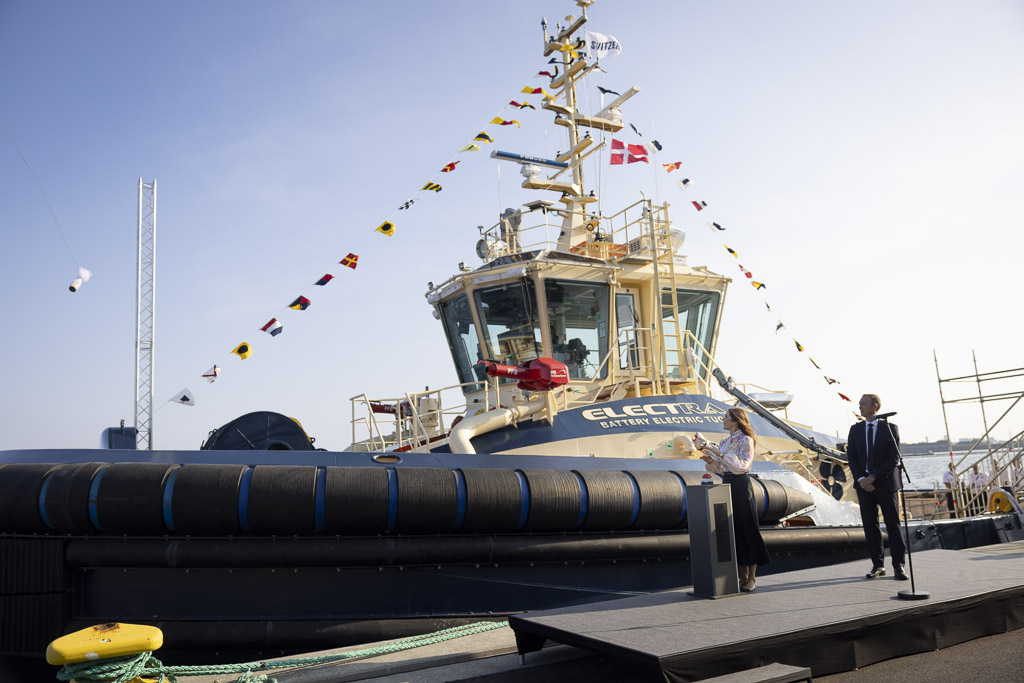With a battery capacity equivalent to 23 electric cars, the vessel is expected to reduce CO2 emissions by 600–900 tonnes annually.
Around 90 per cent of operations will be performed on battery power. Svitzer Ingrid will operate in the Sound, with Helsingborg as its home port.
Svitzer, which operates over 450 tugs globally, has previously deployed four hybrid tugs in Australia and plans to expand its battery-powered fleet. A second electric tug is scheduled for delivery in 2026, and four more are under consideration.
READ: Svitzer switches to biofuels in Danish port
CEO of Svitzer, Kasper Friis Nilaus, noted that fleet electrification depends on the availability of port charging infrastructure.
He said: “We would like to make a larger share of our fleet battery-powered, but this depends on ports having the necessary charging infrastructure. Shipping companies cannot achieve this on their own.”
Svitzer Ingrid will be charged using renewable energy at the Port of Helsingborg.
